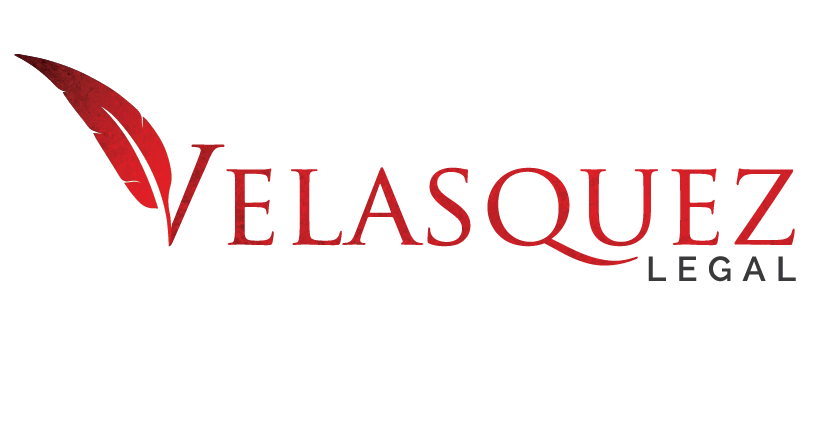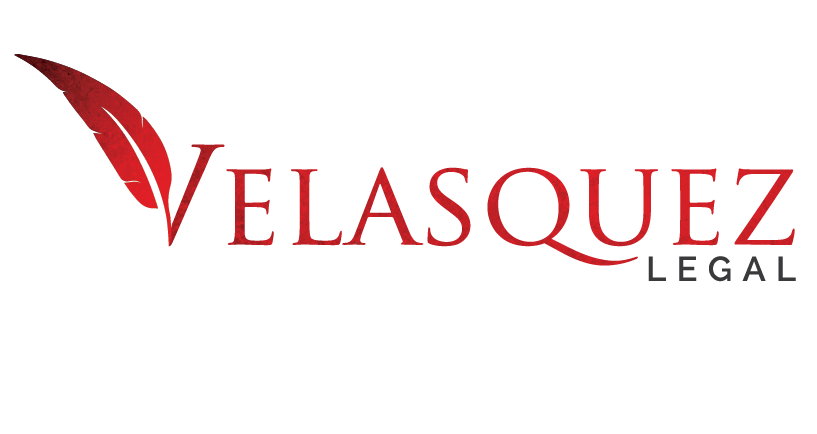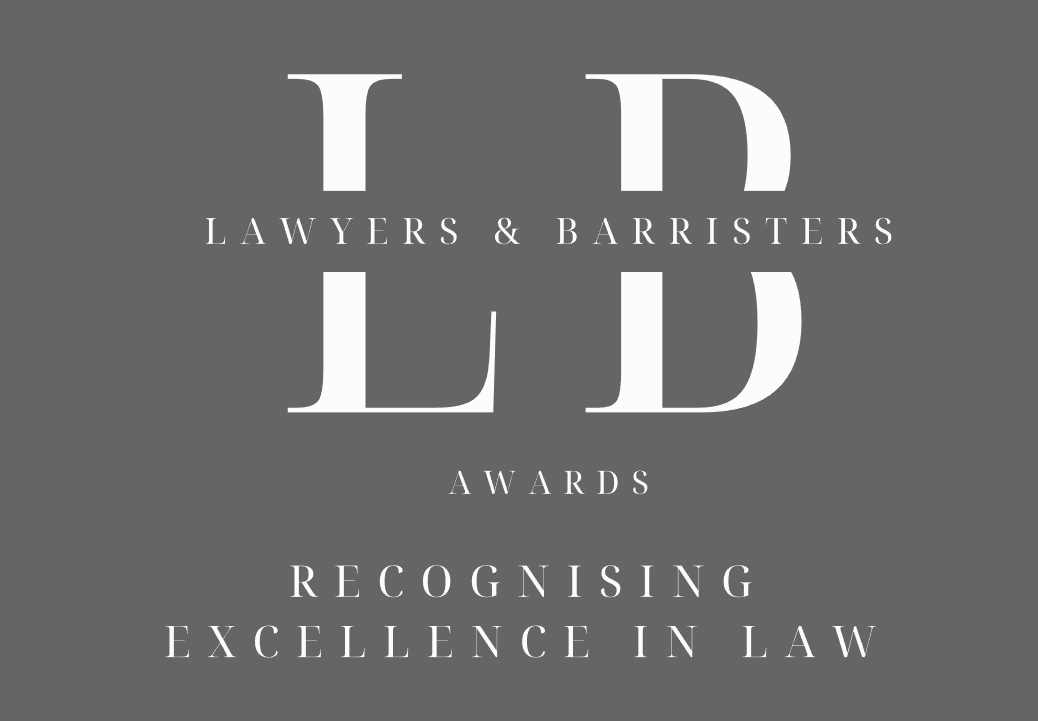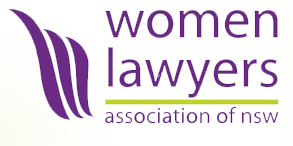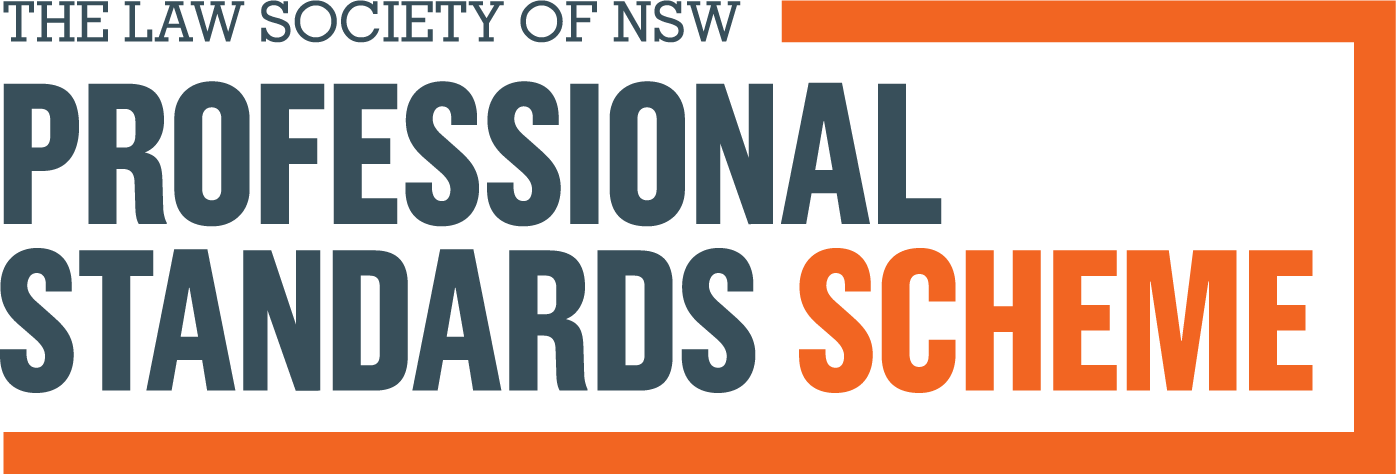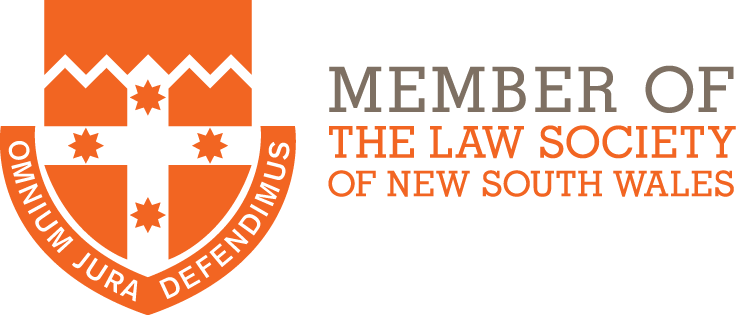Lawyers you can trust
Our Team
What Our Clients Say About Velasquez Legal
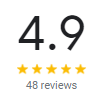
At Velasquez Legal, we take great pride in the positive feedback we receive from our clients. Their testimonials highlight our commitment to providing exceptional legal services and underscore the trust and satisfaction our clients experience when working with us.
Client Testimonials:
- "I recently had the pleasure of working with Carla and I cannot recommend her highly enough. Her expertise, dedication and strategic approach were instrumental in achieving a favourable outcome for my family. ...She is an outstanding legal professional who will go above and beyond to ensure the best posssible outcome for her clients." Rania S.
- "Carla Velasquez provided exceptional legal advice and support during a challenging time. Her professionalism and empathy made a significant difference." - John D.
- "Velasquez Legal's team guided me through the court process with clarity and confidence. Their dedication and expertise are unmatched." - Sarah K.
- "I highly recommend Velasquez Legal. Their thorough communication and transparent approach ensured I always felt informed and supported." - Mark T.
Barristers we work with
Barristers specialize in courtroom advocacy, litigation, and giving expert legal opinions.

Lesly Bewsher
Barrister
Lesly Bewsher is a distinguished barrister in Sydney . She is recognized for her expertise in various areas of law and has a notable presence in high-profile cases particularly those involving bikie gangs.
Her career includes a notable presence in various media outlets, where she is often highlighted for her work on complex and high-stakes cases. Bewsher is praised for her dedication to her clients and her ability to navigate challenging legal situations with precision and professionalism

Anthony Strik
Barrister
Anthon Strik brings over a decade of legal experience, specializing in criminal, family and civil law.
His extensive background includes defending clients in serious criminal cases such as robbery, large drugs matter and murder.
He is also proficient in handling complex family law disputes involving financial and parenting matters, making him a versatile advocate capable of navigating intricate legal challenges.

Nancy Mikhaiel
Barrister
Nancy Mikhaiel is a distinguished barrister based in Sydney, known for her extensive experience and expertise in criminal law, appellate cases, and inquests-inquiries.
Her career includes significant tenure as Public Defender from 2018 to 2016 where she honed her skills in defending complex and high-profile cases (Samuel Griffith Chambers).
She has handled a range of high-profile and complex cases, contributing significantly to the legal field.
News

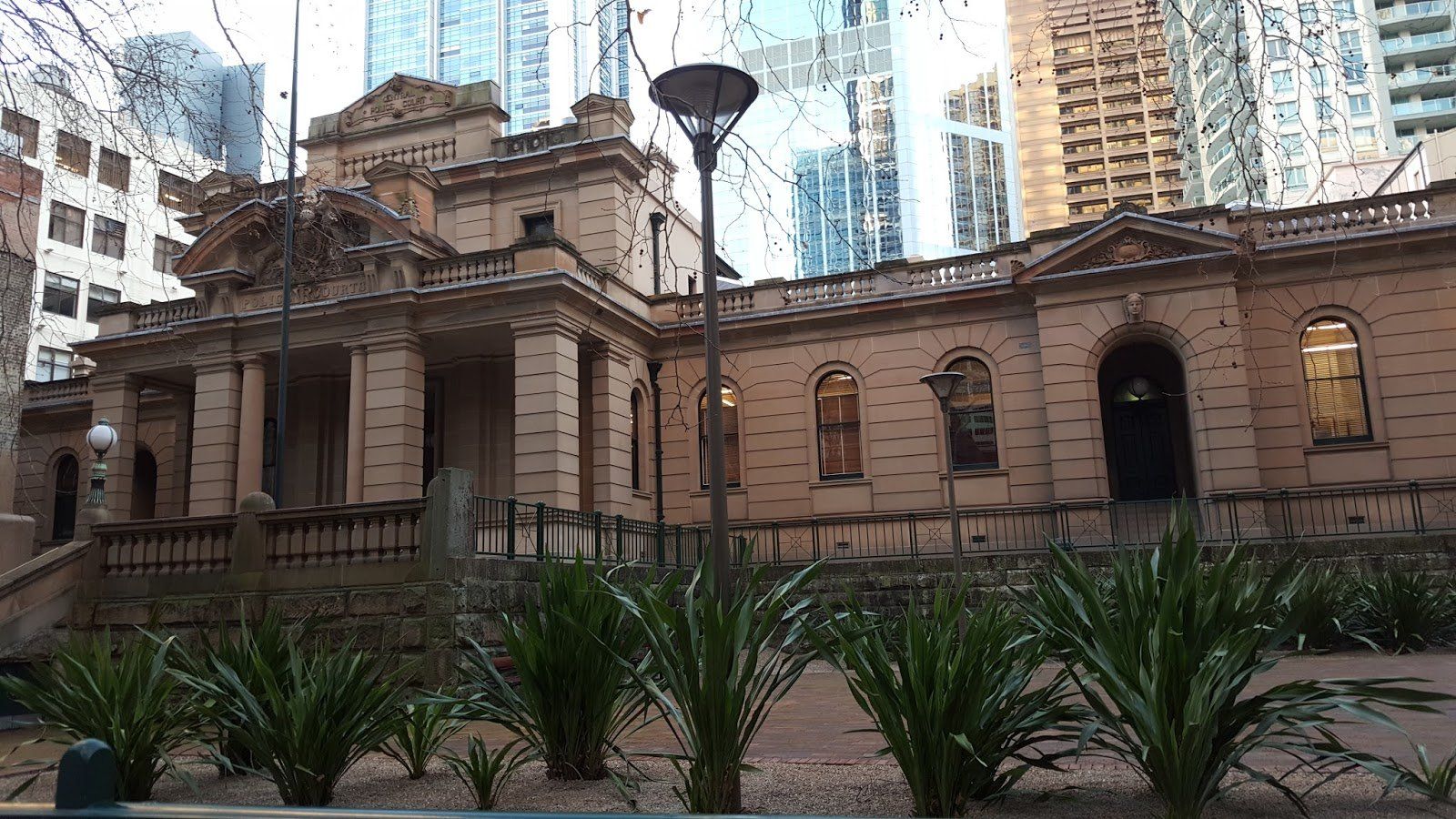
How are we different?
At Velasquez Legal, we pride ourselves on our deep understanding of the ever-changing legal landscape. As the world embraces virtual connections, we recognize the benefits of online legal services. We prioritise your security by conducting all interactions in a protected online environment, guaranteeing remote assistance with dedication and reliability.
Our suite of services features encrypted web conferences with password protection, cloud-based tools for seamless collaboration nationwide, digital document sharing and signing capabilities, and the flexibility of virtual court appearances via live video streaming when required.
Our services are meticulously designed to provide efficient solutions that prioritise your legal needs over costs. Our core mission is to enhance your digital engagement to connect with your attorney on your terms.
While we emphasise digital solutions, we maintain a physical office for personal meetings, document exchange, and support from our welcoming team.
In addition to our digital focus, we offer bilingual support to accommodate Spanish-speaking individuals, ensuring inclusivity and efficiency in accessing the help you require.
